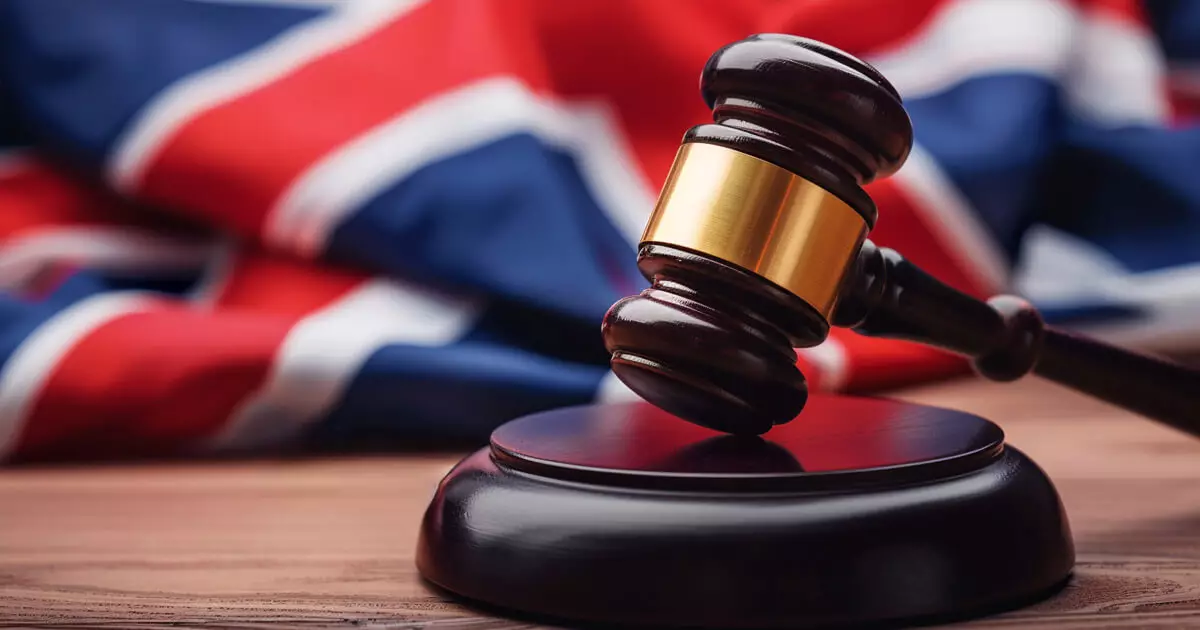The UK Law Commission recently published a scoping paper addressing the legal characterization of Decentralized Autonomous Organizations (DAOs) within the country. DAOs are blockchain-based communities formed to achieve a common goal, such as investing in start-ups or acquiring historical documents. However, the Commission highlighted the lack of consensus on what constitutes a DAO, its structure, and the necessity of a DAO-specific legal entity in England and Wales.
Commissioner for Commercial and Common Law, Professor Sarah Green, emphasized the challenges in defining DAOs and aligning them with existing legal forms due to disagreements within the industry. The paper also cautioned against rushing to adapt current laws to new technologies, as this may impede innovation rather than promote it. While the paper suggested a review of the Companies Act 2006 to support the integration of DAO technology, it stressed the need to avoid ad hoc and technology-specific legislation that could hinder progress.
Exploring Regulatory Reforms
The Law Commission recommended evaluating laws governing business organizations like limited liability partnerships to enable the increased utilization of DAO technology for governance purposes. Additionally, it proposed studying the applicability of non-profit limited liability associations, similar to DAOs, for entities in England and Wales. Although Wyoming has acknowledged blockchain-based DAOs as legal entities, the UK may require specific reforms to accommodate the use of code in corporate governance effectively.
In its paper, the Commission advised the government to review Anti-Money Laundering regulations to assess whether distributed ledger technology, utilized by DAOs, could meet the same policy objectives. While the Commission ruled out the necessity of a DAO-specific legal entity in the UK, it emphasized the importance of ensuring that existing legal structures can support innovative technologies like DAOs without compromising regulatory objectives.
Solidifying the definition of DAOs and their operational frameworks would help address the concerns raised by the UK Law Commission. While current laws in England and Wales offer options for accommodating the use of code in governance activities, targeted law reforms may be necessary to facilitate the widespread adoption of DAO technology. Ultimately, aligning regulatory frameworks with the evolving needs of blockchain-based communities like DAOs will be essential for fostering innovation in corporate governance.














